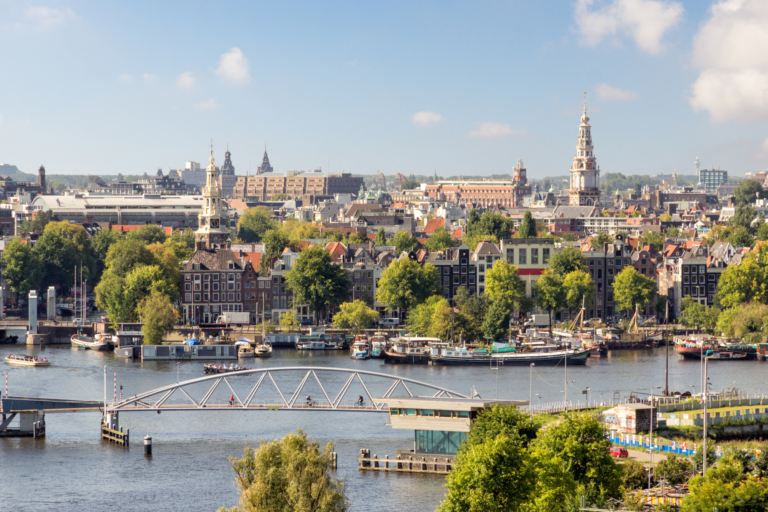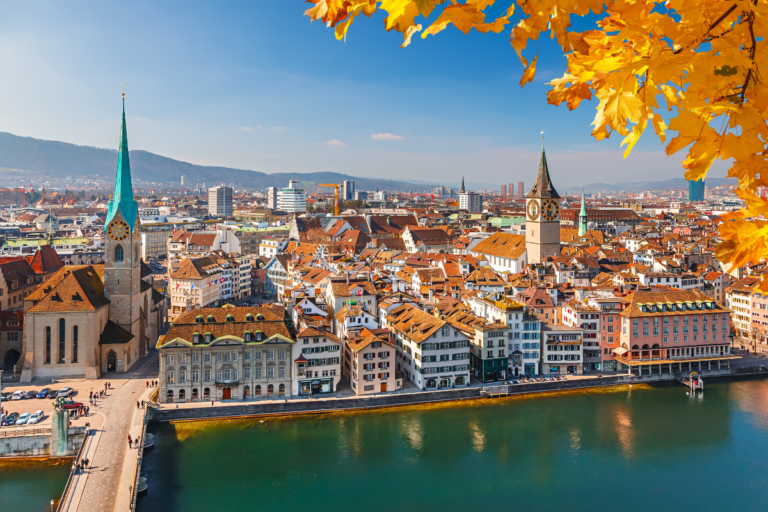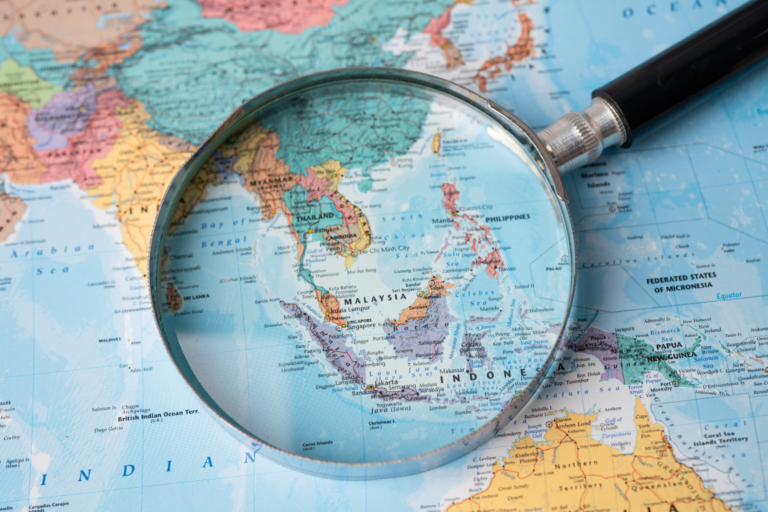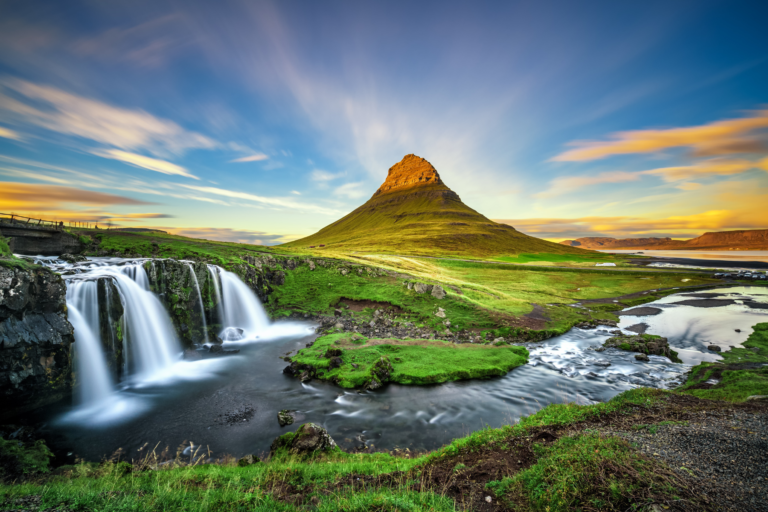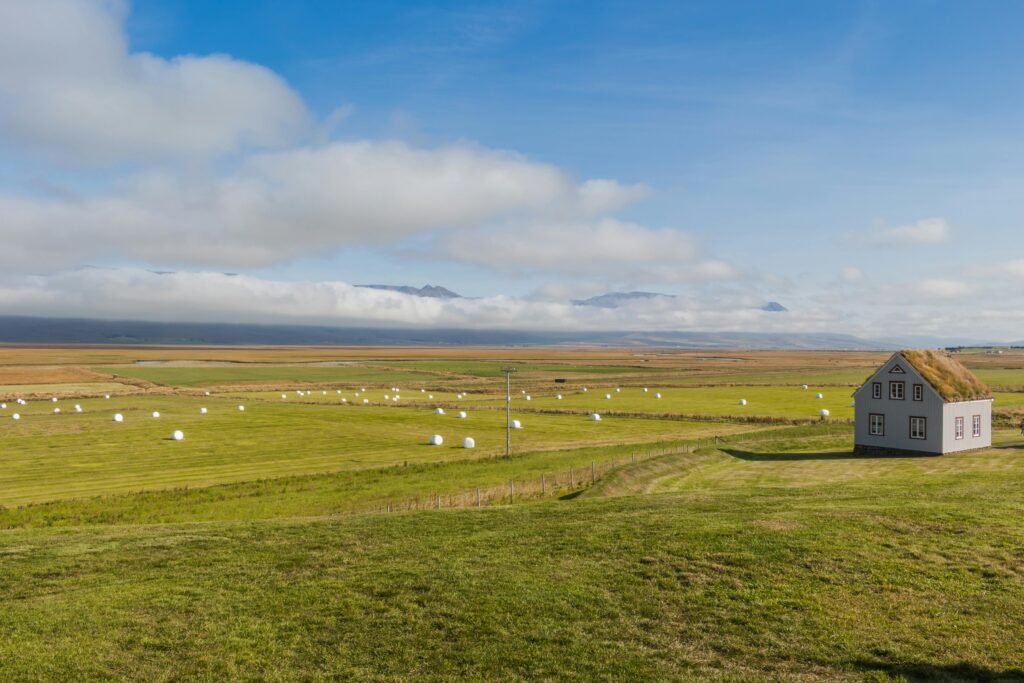
In a world often buzzing with news of conflicts and unrest, the pursuit of peace stands as a beacon of hope and stability. Peace isn’t just the absence of conflict but a state of harmony that fosters growth, prosperity, and well-being for all. It creates an environment where individuals can thrive, societies can prosper, and economies can flourish.
The Global Peace Index (GPI) plays a crucial role in this narrative by annually assessing and ranking countries based on various indicators of peace, including levels of violence, political stability, and international relations. This index not only highlights which nations are leading in peaceful coexistence but also underscores the importance of peace as a fundamental human aspiration and a catalyst for sustainable development.
Each year, as we delve into the GPI rankings, we gain insights into how different nations manage internal and external challenges to maintain peaceful environments. This exploration goes beyond statistical rankings; it delves into the social, political, and cultural dynamics that contribute to each country’s peaceful identity.
In this article, we embark on a journey through the top 10 most peaceful countries in the World in 2024, uncovering what sets them apart on the global stage of tranquility. From Iceland’s pristine landscapes to Canada’s cultural diversity, each nation not only exemplifies peace but also offers lessons in resilience, diplomacy, and societal cohesion. Join us as we explore these beacons of peace and reflect on what peace means in our interconnected world.
10. Canada
Canada’s vast landscapes and cultural diversity are complemented by its commitment to peace and social justice. Low crime rates, effective governance, and inclusive social policies contribute to its peaceful environment. Canada’s role in international peacekeeping and humanitarian efforts underscores its global commitment to peace. Historical factors, including its multicultural heritage and respect for indigenous rights, shape its peaceful societal fabric.
9. Czech Republic
The Czech Republic, with its stunning architecture and rich history, also stands out for its peaceful environment. Low crime rates, stable political institutions, and a strong social safety net contribute to its high peace index ranking. The Czech Republic’s commitment to European integration and cultural diplomacy enhances its role in promoting peace regionally. Historical factors, including its Velvet Revolution and commitment to democratic principles, shape its peaceful identity.
8. Japan
Japan’s blend of ancient traditions and cutting-edge technology is mirrored in its peaceful societal fabric. Low crime rates, effective governance, and a strong emphasis on education contribute to its peaceful environment. Key initiatives include environmental sustainability and disaster preparedness, reflecting Japan’s resilience and commitment to peace. Cultural factors, such as a deep respect for harmony and social order, underpin its peaceful identity.
7. Switzerland
Switzerland, known for its stunning Alps and precision in all things, also excels in fostering peace. Political stability, low crime rates, and a strong emphasis on neutrality contribute to its peaceful environment. Switzerland’s humanitarian tradition and commitment to international mediation efforts underscore its global reputation for peace. Historical factors, including its tradition of direct democracy and respect for diversity, shape its peaceful society.
6. Austria
Austria’s picturesque landscapes and cultural richness are matched by its commitment to maintaining peace. Strong social cohesion, effective governance, and a robust economy contribute to its peaceful status. Austria’s neutrality and diplomacy in international relations reinforce its role as a peaceful global player. Historical factors, such as its role in European diplomacy and commitment to human rights, shape its peaceful identity.
5. Singapore
Singapore’s dynamic blend of modernity and tradition is complemented by its commitment to peace and stability. Low crime rates, stringent laws, and efficient governance are pillars of its peaceful society. Key initiatives include multicultural policies that promote racial and religious harmony. Singapore’s economic success and focus on education underscore its dedication to a peaceful and prosperous future.
4. Denmark
Denmark, a Scandinavian gem, excels in fostering peace through robust social policies and a strong welfare state. Low levels of corruption and effective governance bolster its peaceful environment. Denmark’s emphasis on social trust and inclusivity promotes a sense of security and harmony among its citizens. Historical factors, including its tradition of consensus-building and social cohesion, contribute to its enduring peace.
3. Portugal
Portugal charms visitors with its rich history and vibrant culture, while also maintaining a remarkably peaceful atmosphere. Low crime rates and a stable political climate contribute to its high peace index ranking. Portugal’s commitment to renewable energy and sustainable development reflects its forward-thinking approach to maintaining peace. Historical factors, such as its peaceful transition to democracy in the 1970s, showcase its resilience and commitment to peaceful coexistence.
2. New Zealand
Known for its breathtaking scenery and warm hospitality, New Zealand secures the second spot on our list. Its peaceful environment is bolstered by effective governance, high levels of social capital, and strong diplomatic relations globally. Key initiatives include environmental conservation efforts and inclusive social policies that promote equality. Maori cultural values of cooperation and respect for nature deeply influence its peaceful societal fabric.
1. Iceland
Nestled in the North Atlantic, Iceland boasts stunning landscapes and a remarkable commitment to peace. Low crime rates and a stable political environment contribute significantly to its peaceful status. Iceland’s strong social welfare system ensures equality and opportunity for all its citizens. Historical factors, such as its longstanding democracy and lack of a military force, underscore its dedication to peace.
Conclusion:
These top 10 most peaceful countries in 2024 exemplify the transformative power of peace in fostering prosperity and well-being. Beyond absence of conflict, peace signifies a commitment to justice, equality, and cooperation. As we reflect on what peace means to us individually and collectively, let us draw inspiration from these nations’ efforts and consider how we can foster peace in our own communities.
By promoting understanding, empathy, and respect, we can contribute to a world where peace thrives, enriching lives and securing a brighter future for generations to come.

